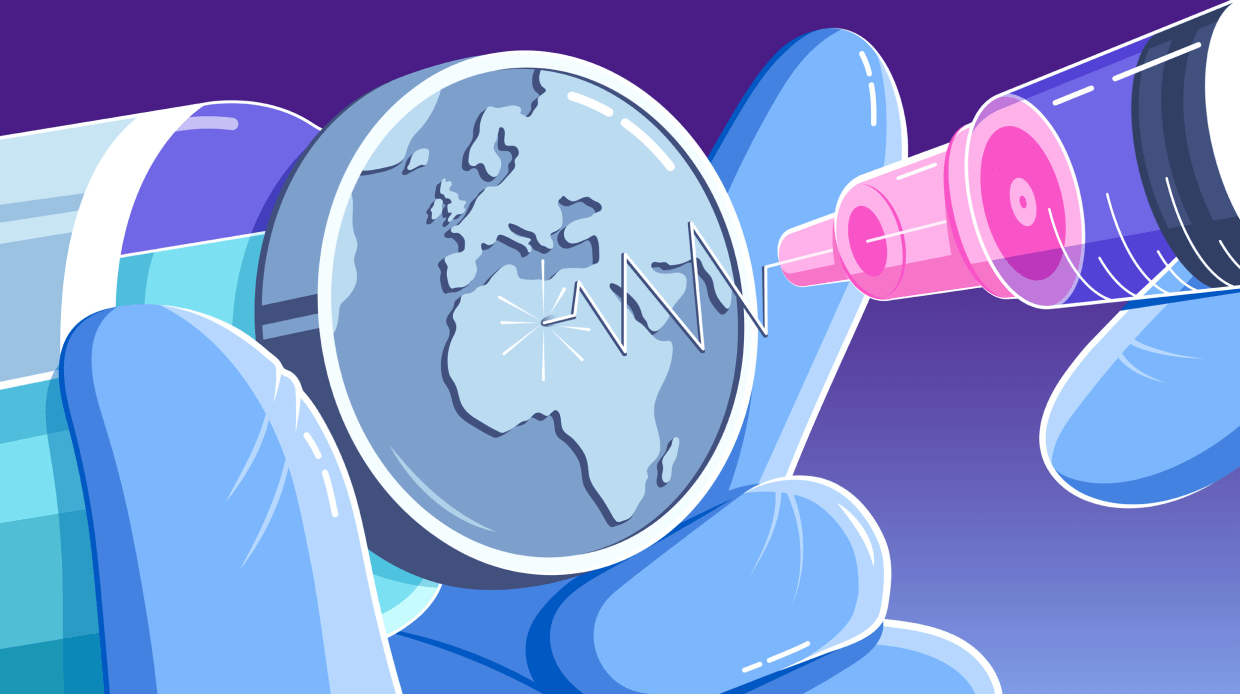The issue that destroys the most lives is an instrument intended to save lives.
The United States widely implements patent protections for medical technology, but its use internationally leaves the most vulnerable populations at risk. This political tool damages developing economies and deprives millions of essential healthcare.
Medical patents are licenses that grant pharmaceutical companies sole production and distribution rights for certain drugs, such as Vascepa and Evzio. Domestic and multinational governments often utilize these measures to “foster technological innovation by providing an incentive for research and development.” To this end, the World Intellectual Property Organization, an intellectual property agency of the United Nations, crafted the Patent Cooperation Treaty to provide patent protections in 150 member countries through a single “international” application.
Given the enormous expenditures required for medical innovation, political figures view patents as a reasonable investment. After all, research and development costs rose 15% last year to an average of $2.3 billion per drug. Pharmaceutical leaders even regard certain drugs as intellectual property. For instance, CEO and chairman Jean-Christophe Tellier of the Biopharmaceutical Roundtable recently claimed that “intellectual property rights […] is one of the lessons from COVID-19.”
Both of these core arguments are wrong.
First, medical patents are detrimental in developing countries. Patents limit the production of generic, alternative drugs—copays for which are $49.35 cheaper on average than branded drugs. Worse, branded drugs are 76% more expensive today than they were in 2012. With nearly 50% of the globe unable to afford healthcare, patents legally and economically bar access to life-saving treatment. This further jeopardizes marginalized populations that resort to black-market medicine—an industry that heavily relies on human trafficking, labor exploitation, and other illicit production methods. Ultimately, an international system that favors corporations above human lives is dangerous.
Further, healthcare is a human right for the masses, not intellectual property owned by a few. The United Nations itself acknowledges this; Article 12 of the International Covenant on Economic, Social and Cultural Rights “recognize[s] the right of everyone to… health.” While proponents often argue that patents encourage innovation, this property-based approach hinders technological creativity. Notably, 70 of the top 100 best-selling drugs obtained multiple patents to deny equitable access to life-saving drugs. Governments generally prevent monopolies in other industries, yet paradoxically encourage monopolization in healthcare.
It is especially urgent to ban patents today. Public health emergencies such as the recent COVID-19 pandemic illustrate the importance of affordable life-saving drugs. While proponents assert that patents are necessary for innovation, the development of COVID-19 vaccines proves otherwise. Operation Warp-Speed, a federal program to accelerate vaccine development, relied on public funding and globalized, transparent research—not patents. In short, public-private proved a better, more sustainable alternative.
Waivers for developing countries offer another solution. Akin to the World Trade Organization’s relaxed environmental and tariff rules for developing countries, patent waivers would alleviate economic burdens in low-income regions. The EU and WHO proposed limited patent waivers for COVID-19 vaccines in 2022, but most economists believe it was too little too late. Crafting more reliable criteria for waiver eligibility and incorporating pathways to gradually lift waivers will address concerns that waivers would hinder the growth of pharmaceutical industries in middle-income countries, such as Kenya. Regardless, expanding patent waivers is imperative to resolve the clear pitfalls of patents.
So, why is this not talked about enough? Or at least, not to the same extent as political scandals and conflicts?
Like countless other issues that the public overlooks, this issue is not flashy. The current media landscape rewards brutal violence, humanitarian destruction, or protests in the streets. Meanwhile, the slow but steady deterioration of healthcare is simply less attention-grabbing, yet no less important.
Unfortunately, the victims of medical patents lack the influence and resources to capture the attention of a global audience. For instance, 40% of sub-Saharan African countries deny press freedoms, which limits local reporting on the humanitarian impacts of medical patents. In Zambia, lesser competition and a “concentrated supply chain” due to patents cause patients to pay 30 times more for drugs than the US and UK. A lack of public information on more affordable alternatives and safe healthcare practices worsens the problem, as governments either restrict comprehensive healthcare data or simply lack capacity. In essence, corrupt and unstable governments strip vulnerable communities of both affordable healthcare and a voice to enact change.
Americans also simply might not discuss this topic because it benefits American corporations. According to Ethiopian researcher Aderaw Yenet, from the perspective of a Western audience, “the current political climate encourages multinational corporations to maintain their supply monopolies via…patent legislation, political lobbying, and legal pressures.”
It’s ironic for observers but tragic for victims: Western policymakers may refuse to talk about one of the most pressing matters outside the US because they refuse to even acknowledge that it is an issue.
We celebrate capitalism’s “creative destruction” for its creativity, rather than scorn it for its destruction. Patents are a prime example.
Featured Image: NBC News






Comments are closed.